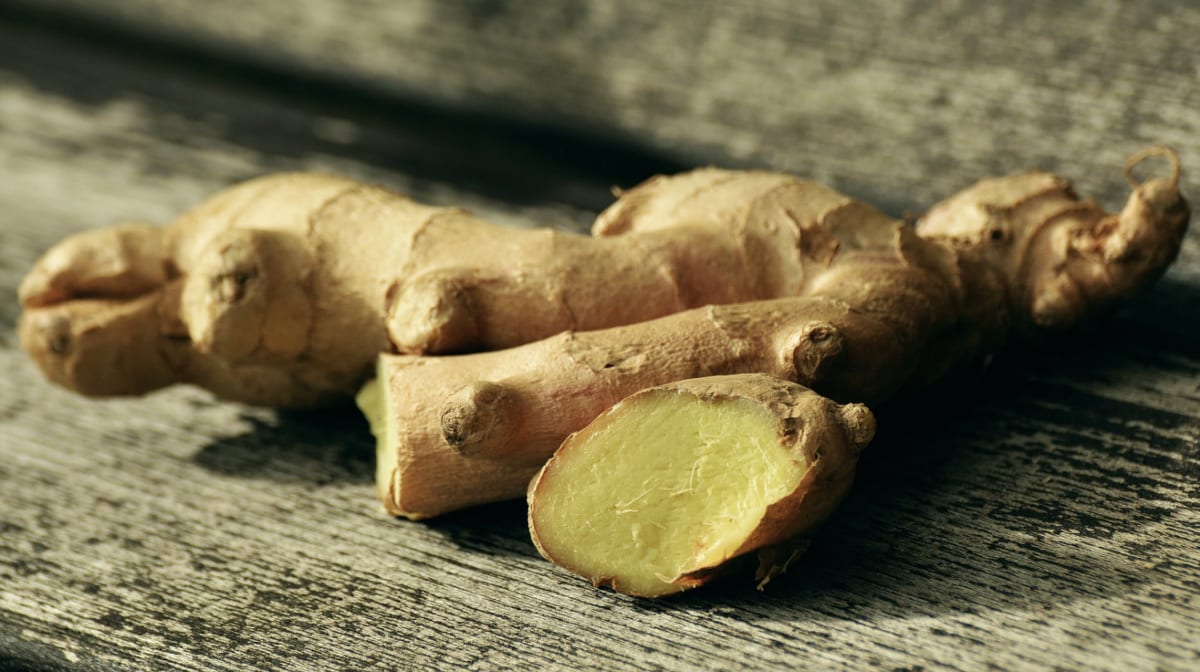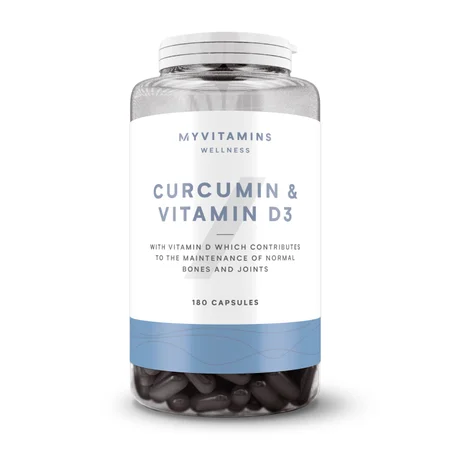Top 3 Health Benefits Of Ginger And Ways To Use It

Ginger is a very popular ingredient in cooking and in medicinal products. But what makes this root so super?
- Is ginger a vegetable?
- Health benefits of ginger
- How to use ginger
- Ginger supplements
- So is Ginger a super root?
1. Is Ginger a Vegetable?
The commonly used ginger is the root of a flowering plant. It is distinctive in appearance - light brown and knobbly, but yellow when cut open. Some do technically class it as a vegetable, but mostly it is considered a herb or spice.
It is usually only eaten in small quantities therefore is not similar to other flowering vegetables such as courgettes.

2. Health Benefits of Ginger
The health benefits of ginger have been widely documented. Ginger has been used medicinally for thousands of years across the world, particularly in Asia.
Alleviating Aches and Pains
Furthermore, chewing on ginger post-workout can help to alleviate your next day muscle aches. Alongside your protein intake, which would remain essential for muscle growth and repair, ginger can ease your muscle soreness after pushing yourself in the gym.
In addition, ginger has been linked with soothing the symptom of heavy menstrual pain and cramps. So if your period pain often puts you off working out, try some ginger in the days leading up to the start of your cycle.
Ginger and Digestion
Ginger is often associated with improved digestion. This is due to their phenolic compounds. Ingesting ginger assists the body with saliva and bile production, and also helps to ease the movement of food through the body by suppressing gastric contractions as it is processed through the gastrointestinal tract.
Ginger can ease bloating, gas, and gastrointestinal irritation that can lead to stomach pains. It is also often credited with helping the body regulate how often you need to go to the toilet. This makes it a popular natural remedy for diarrhoea and constipation.
Ginger for Nausea and Sickness
Ginger is also a natural medicine that you might want to reach for if you are suffering feelings of nausea. Many people turn to ginger when they are suffering from a cold. The potent root can help to clear out your sinuses, easing the classic cold symptoms and helping to ward off headaches.
Ginger is also a diaphoretic, and it encourages the body to keep warm. So if you need a winter warmer, consider adding this super root to your tea, snacks or meals.

3. How to Use Ginger
Ginger is a versatile and easy ingredient to use.
It can be bought fresh at most major supermarkets or Asian grocers. If you are planning on using ginger often, it can be convenient and cost-effective to buy it in bulk, chop it up and freeze it.
Finely chopped ginger makes a lovely addition to stir-fries and to curries. It will add a warm, slightly spicy flavour.
You can also blend it raw into your juices, to give them a real health and flavour kick. It blends well with most common juice recipes, but particularly with tangy flavours like lemon or grapefruit.
Fingers of ginger can also be steeped into hot water to make a fresh ginger tea. This can be especially soothing when being administered for a digestive or nausea issue. If you are short on time, ready-made ginger teabags are widely available.
It is important to remember that ginger is a potent root. Taking too much of it can put you at risk of heartburn, acid reflux and diarrhoea.

4. Ginger Supplements
If you want an easy way to get all the benefits of ginger, supplements could be ideal for you. They are a popular way to take ginger as a preventative measure.
Taking ginger as supplements rather than in fresh form also reduces your risk of heartburn. However, they should not be taken while on aspirins or blood thinning medication.
As with any supplement, you should use a trusted brand and check the ingredients list to ensure you are receiving an effective and authentic product.
So is Ginger a Super Root?
In summary, ginger is an easy and tasty way to boost your overall health. It’s potency and wide-ranging benefits make it clear that it is a super root.
FIND MORE ON SUPPLEMENTS HERE:

What Is L-Carnitine? | L-Carnitine Benefits, Dosage & When To take?
Should you consider adding this supplement to your routine?

Claire is a Registered Dietitian through the Academy of Nutrition and Dietetics and a board-certified Health and Wellness Coach through the International Consortium for Health and Wellness Coaching. She has a Bachelor of Science in Biology and a Master’s degree in Clinical Dietetics and Nutrition from the University of Pittsburgh.
Talking and writing about food and fitness is at the heart of Claire’s ethos as she loves to use her experience to help others meet their health and wellness goals.
Claire is also a certified indoor cycling instructor and loves the mental and physical boost she gets from regular runs and yoga classes. When she’s not keeping fit herself, she’s cheering on her hometown’s sports teams in Pittsburgh, or cooking for her family in the kitchen.
Find out more about Claire’s experience here.












